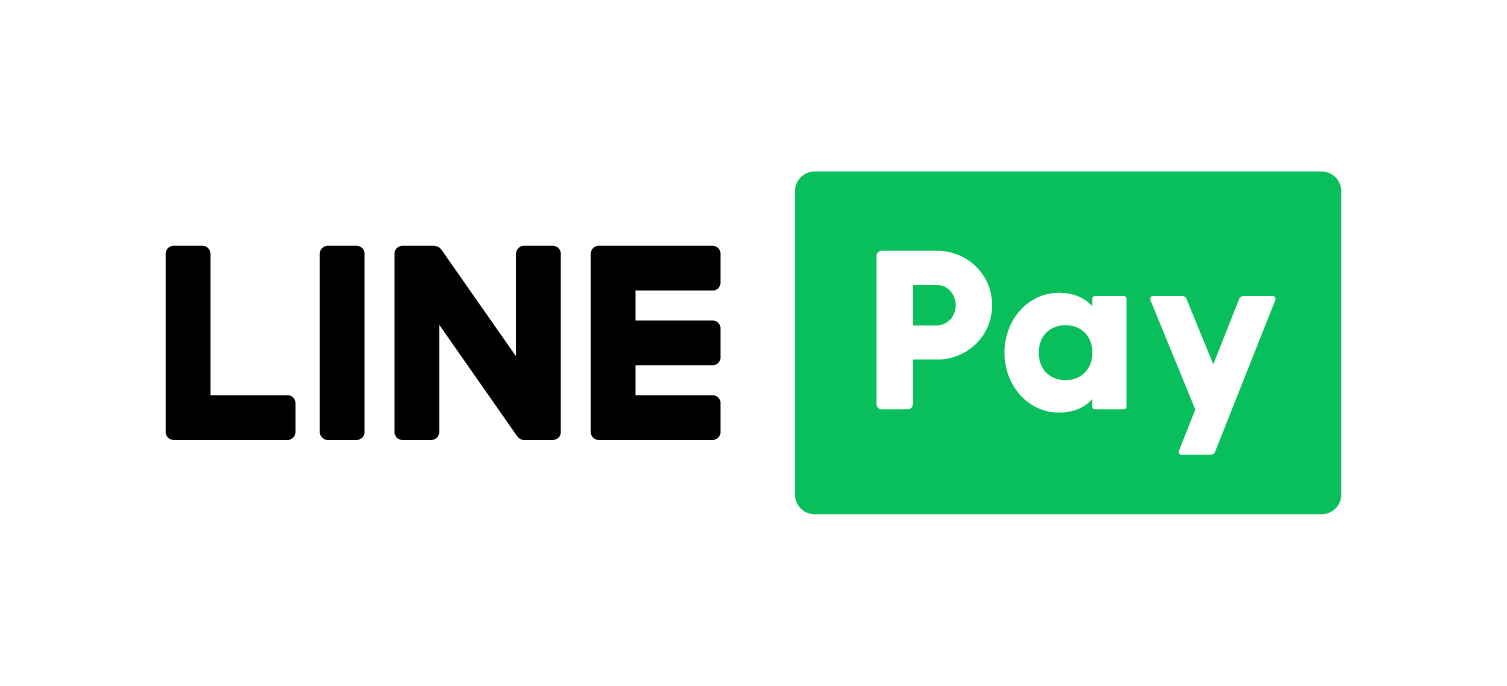
| 定價: | ||||
| 售價: | 149元 | |||
| 庫存: | 已售完 | |||
| LINE US! | ||||
| 此書為本公司代理,目前已售完,有需要可以向line客服詢問進口動向 | ||||
| 付款方式: | 超商取貨付款 |

|
|
| 信用卡 |

|
||
| 線上轉帳 |

|
||
| 物流方式: | 超商取貨 | ||
| 宅配 | |||
| 門市自取 |
為您推薦

類似書籍推薦給您
【簡介】 Learn to Create Effective Microlearning Microlearning is an essential tool that talent development professionals can use to fully engage their learners and tackle organizational performance needs. How do you know if the microlearning approach is successful? And what works? In Designing Microlearning, the newest volume in ATD’s What Works in Talent Development series, experts Carla Torgerson and Sue Iannone answer these and other questions including: Why choose microlearning for your learners and organization? How do you determine your approach and then execute the implementation? How do you demonstrate success? Where do you go once you’ve started? This guide for practitioners covers the four main uses for microlearning: preparation before a learning event, follow-up to support a learning event, stand-alone training, and performance support. It introduces MILE, the MIcroLEarning Design model, which outlines the details of creating a microlearning resource or program. Discover how to identify performance objectives; determine program technology and structure; create or select resources; promote what you designed; and monitor, modify, and evaluate it. Included are case studies, tips, and resources, as well as more than 20 job aids, checklists, and worksheets. Samples consist of: an assessment of your organization’s readiness and compatibility for microlearning a worksheet to guide the design of your microlearning a tool for aligning your microlearning measurement and evaluation efforts a communication plan for sharing key information with learners, managers, and stakeholders. 【目錄】

類似書籍推薦給您
This compendium introduces an artificial intelligence-supported solution to realize adaptive micro learning over open education resource (OER). The advantages of cloud computing and big data are leveraged to promote the categorization and customization of OERs micro learning context. For a micro-learning service, OERs are tailored into fragmented pieces to be consumed within shorter time frames. Firstly, the current status of mobile-learning, micro-learning, and OERs are described. Then, the significances and challenges of Micro Learning as a Service (MLaaS) are discussed. A framework of a service-oriented system is provided, which adopts both online and offline computation domain to work in conjunction to improve the performance of learning resource adaptation. In addition, a comprehensive learner model and a knowledge base is prepared to semantically profile the learners and learning resource. The novel delivery and access mode of OERs suffers from the cold start problem because of the shortage of already-known learner information versus the continuously released new micro OERs. This unique volume provides an excellent feasible algorithmic solution to overcome the cold start problem. Sample Chapter(s) Chapter 1: Introduction Contents: Introduction Literature Review Research Design Comprehensive Learner Model for Micro Open Semantic Knowledge Base Construction: Education Data Online Computation for MLaaS Implementation and Empirical Evaluation Conclusion Index Readership: Researchers, academics, professionals and graduate students in AI, Information Technology and Software Engineering.